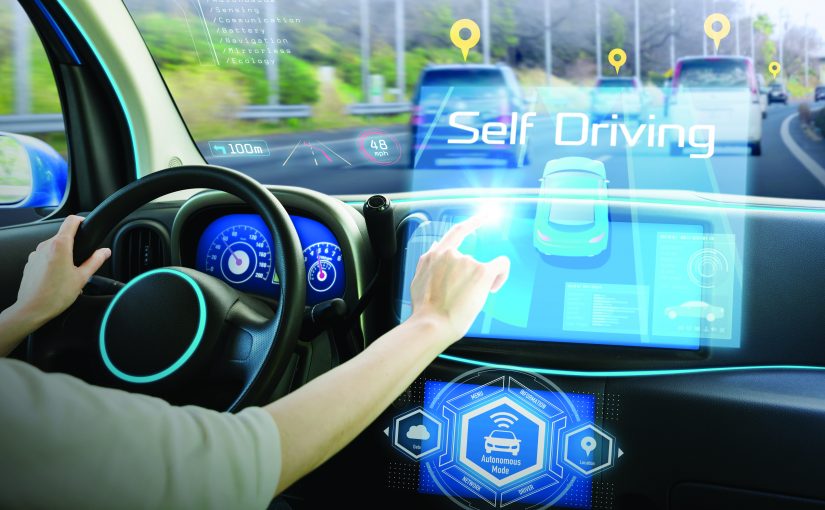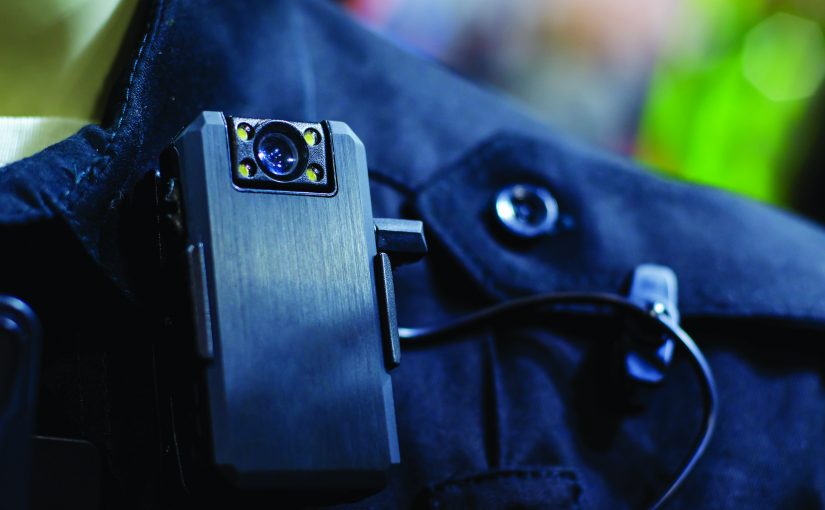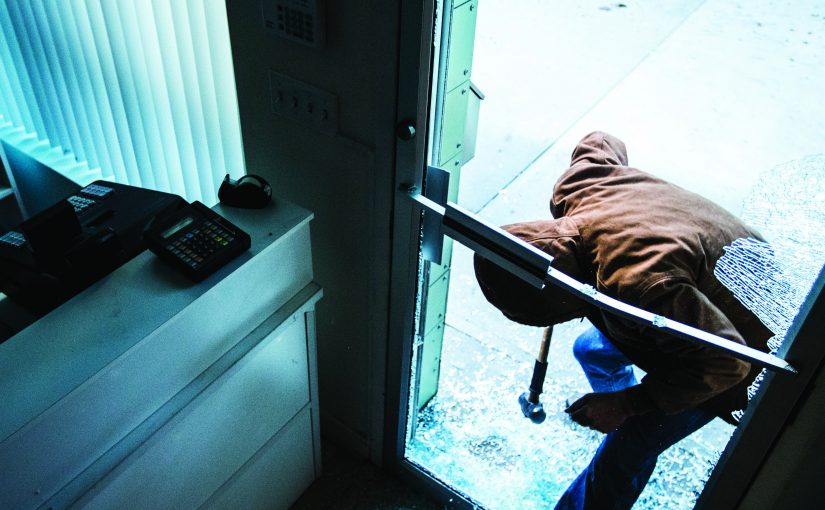Share
Every day, police officers make decisions that significantly impact the lives of others and, sometimes, their own lives. Policing involves consequential, potentially life-or-death decisions, and at a...

Share
Highly automated driving systems (ADS), often referred to in the media as “self-driving cars,” present challenges and opportunities for public safety. In 2017 alone, motor vehicle crashes caused 3...

Share
One hundred percent of the law enforcement agencies in Tennessee that participate in the Uniform Crime Reporting (UCR) Program contribute through the National Incident-Based Reporting System (NIBRS). ...

Share
Intelligence-led policing (ILP) is not about solving crimes; it’s about predicting them. It is the ultimate foundation for preventative, proactive policing. Although police officers have been conduc...

Share
Evidence-based policing (EBP) is a movement currently being adopted by police agencies around the globe. Recently, the IACP has identified evidence-based practices as one of its core lens—an overarc...

Share
Law enforcement in every jurisdiction is alarmed by the growing magnitude of firearms that are being reported stolen, reaching approximately 380,000 per year in the United States. According to ...

Share
Imagine demonstrating compassion during a death notification, consoling a sexual assault victim using a trauma-informed approach, de-escalating a volatile situation, and having to use deadly force—a...

Share
By now, most law enforcement officers have heard of procedural justice. Whether heard in the wake of a use-of-force incident, through the media, or simply from colleagues, “procedural just...



